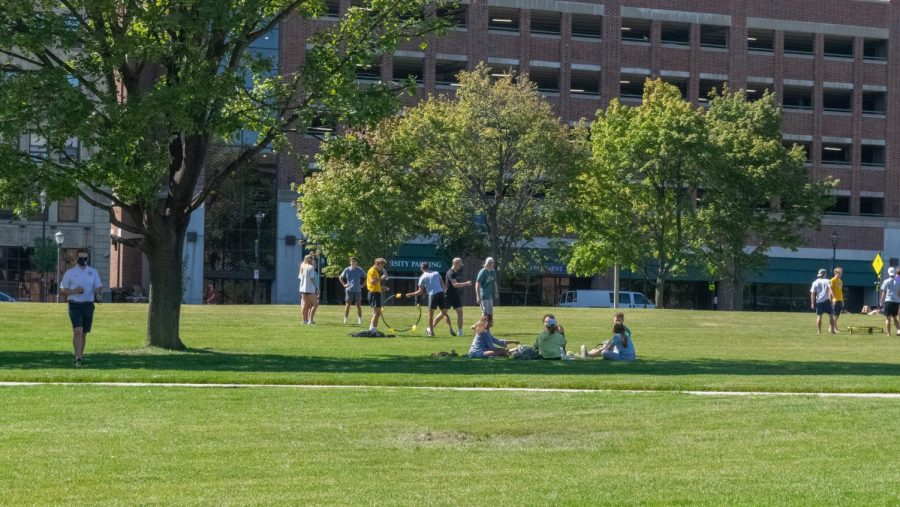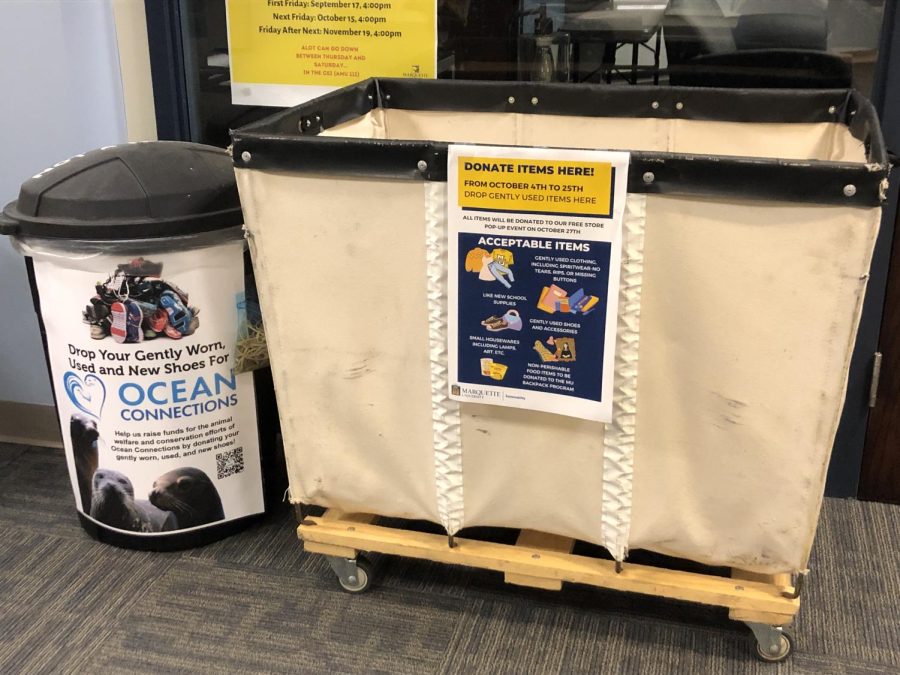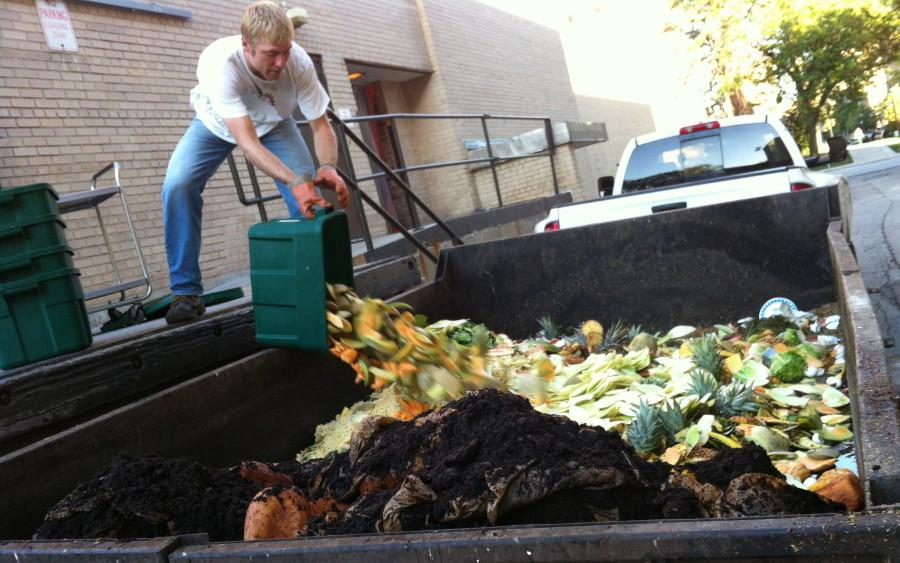The sustainability efforts of Marquette University have resulted in The Princeton Review adding Marquette to its list of green colleges. Marquette received a rating of 88 out of 99 on the green scale rating in The Princeton Review Guide to Green Colleges: 2022 Edition.
Princeton Review lists three key factors to determine a green college. The first is whether students have a quality of life on campus that is both healthy and sustainable. The second is how well a school is preparing students for employment in an increasingly green economy and the last element is how environmentally responsible a school’s policies are.
Princeton Review defines healthy and sustainable as not only referring to the environmental efforts on campus such as water clarification and greenhouse admissions but also the education students are getting in environmental sustainability.
In April of 2018, Marquette released its current sustainability plan which includes ways Marquette aims to maintain a sustainable campus as well as goals for the future of an environmentally friendly campus.
Under the Marquette sustainability vision, Marquette says that “Marquette in the future is a world-class eco-university in the eco-city of Milwaukee, reaching beyond boundaries to transform our social, environmental and economic influence — today and for future generations.”
Chelsea Malacara, the sustainability & energy management coordinator at Marquette University, has put in a lot of hard work and effort to keep Marquette on its sustainability plan. Malacara started her position in 2020, and first looked at Marquette’s attempts to create a sustainable campus.
“The intent there was to understand what is going, what opportunities exist to advance sustainability at Marquette, and what obstacles exist or have existed to progress and how I could help facilitate change,” Malacara said.
By doing this, Malacara was able to push for more sustainable efforts on campus where it was lacking. Then, the numbers and statistics were submitted to Princeton Review where Marquette received its rating.
Kevin Conway, university spokesperson, said Marquette is making a great effort towards reducing fossil fuels on campus and creating a carbon-neutral environment. Conway said that Marquette does not invest in any companies that produce fossil fuels to avoid supporting them.
There is also a student-run effort on campus to reduce greenhouse gas emissions on campus. Fossil Free Marquette is a campaign that is “promoting climate justice by advocating for environmentally-responsible investing.”
“The endowment continues to avoid investment managers that are not embracing the transition to carbon neutrality,” Conway said. “Over time, we have shifted our holdings to cleaner energy investments based on market trends and opportunities, while also upholding our fiduciary responsibility to our endowment.”
Conway said that by avoiding investment in non-sustainable companies, Marquette can maintain financial health while also supporting environmentally conscious companies.
However, Fossil Free Marquette is still calling on the university for full divestment from fossil fuel companies.
Josh Ryan, a first-year student in the College of Engineering, was originally unaware of Marquette’s status as a green college. Ryan said that having a sustainable campus was not his priority when choosing a college but knowing his campus is trying to be environmentally friendly is very encouraging.
“I do notice a lot of things on campus that seems to be helping the environment. A lot of students bike and it seems like recycling is heavily encouraged for students,” Ryan said.
Just because Marquette received this title doesn’t mean it is stopping there with furthering sustainability on campus. Malacara said that there is still a lot of improvements Marquette can make to create a more environmentally friendly campus.
“For me, this work isn’t about maintaining a title, it’s about improving our community, our planet, and putting our students first every day which means preparing them for a world that is faced with a major climate crisis and helping them see that their gifts are valuable in building communities that thrive, not just survive,” Malacara said.
Malacara has many goals for the Marquette University campus, including a new and more advanced sustainability plan to be implemented.
“As far as goals go, over the next 18 months I’ll be leading an effort to develop a new Campus Sustainability Strategic Plan; identifying opportunities to reach our 2025 energy reduction targets; and continuing to support the sustainability champions across campus in the work they do,” Malacara said.
This story was written by Phoebe Goebel. She can be reached at [email protected]









